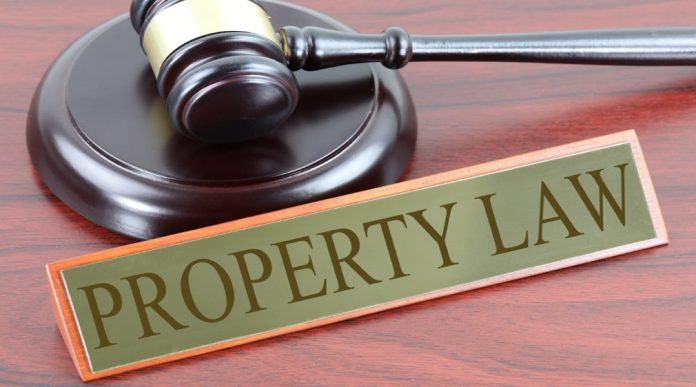In the realm of property law, certain terms like chargee, charge, and chargor are frequently used. It is crucial for every individual to grasp the meaning and significance of these terms.
Imagine you wish to purchase a house but lack sufficient cash to pay for it outright. In this scenario, you obtain a mortgage loan from a bank, which becomes the chargee. The bank takes a charge (control) over the house you’re purchasing, establishing their position as the chargee. As the property owner, you become the chargor, utilizing the property as collateral for the loan. If you fail to make mortgage payments as agreed, the bank, (chargee), has the right to foreclose on the property and sell it to recover the outstanding debt.
The chargee is the lender owns money and lends the interested party that wishes to own the property, and also possesses a legal interest in the property to secure the repayment of the debt loaned or the fulfillment of the obligation.
A charge refers to the property that serves as security for the repayment of the loan or the performance of the obligation. It acts as a means for a lender to secure their interest in the property owned the debtor.
The chargor refers to the party or entity that wishes or intends to own the property and grants the charge (control) in favor of the chargee (lender). By creating a charge on their property, the chargor essentially utilizes their property as collateral to secure a loan or some other financial arrangement. If the chargor fails to meet their obligations, the chargee may have the right to sell the property to recover the debt.
Understanding these important concepts of property law is crucial for anyone involved in property transactions or seeking legal protection in such matters. By comprehending these terms, individuals can navigate property-related obligations and rights with confidence and clarity.


